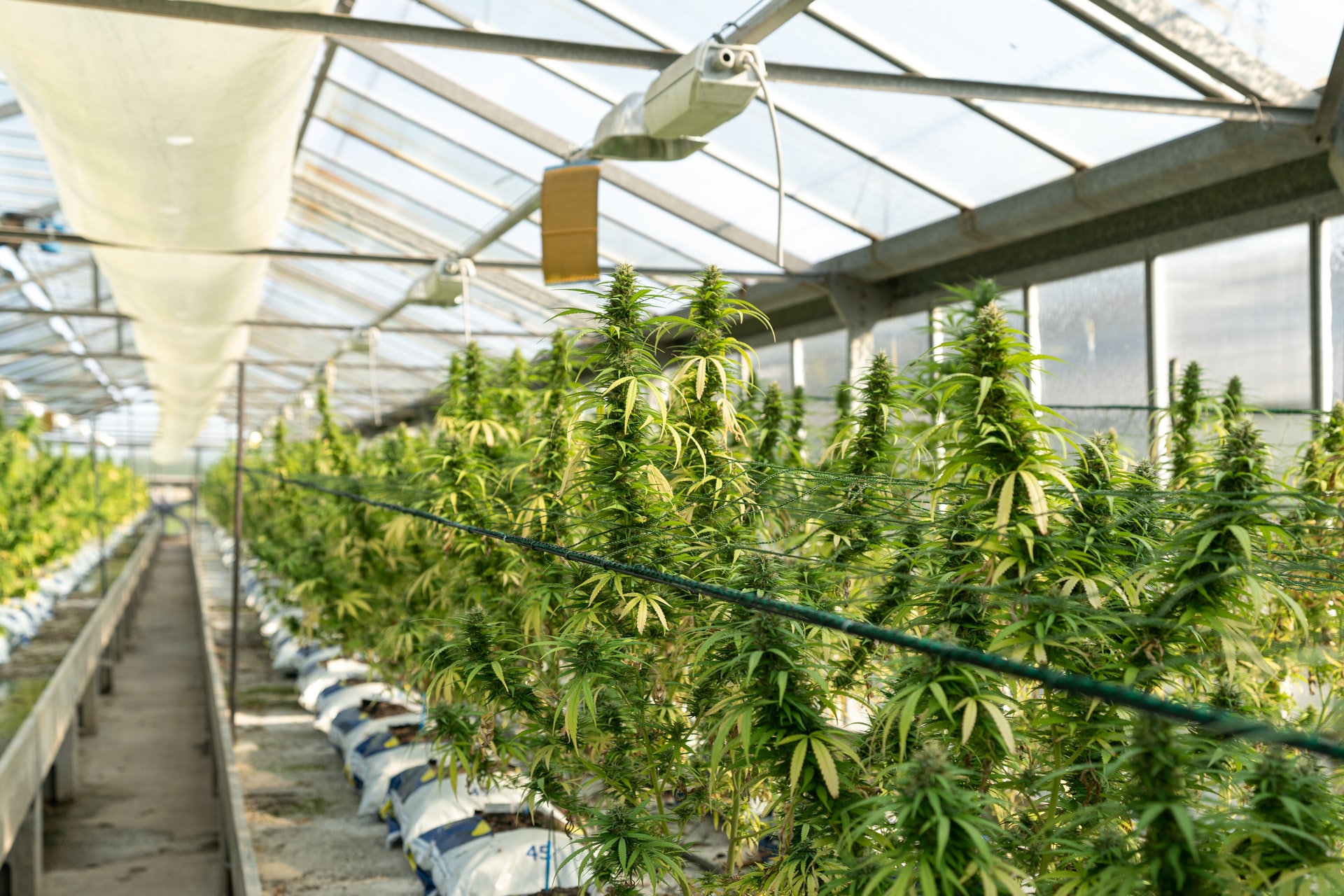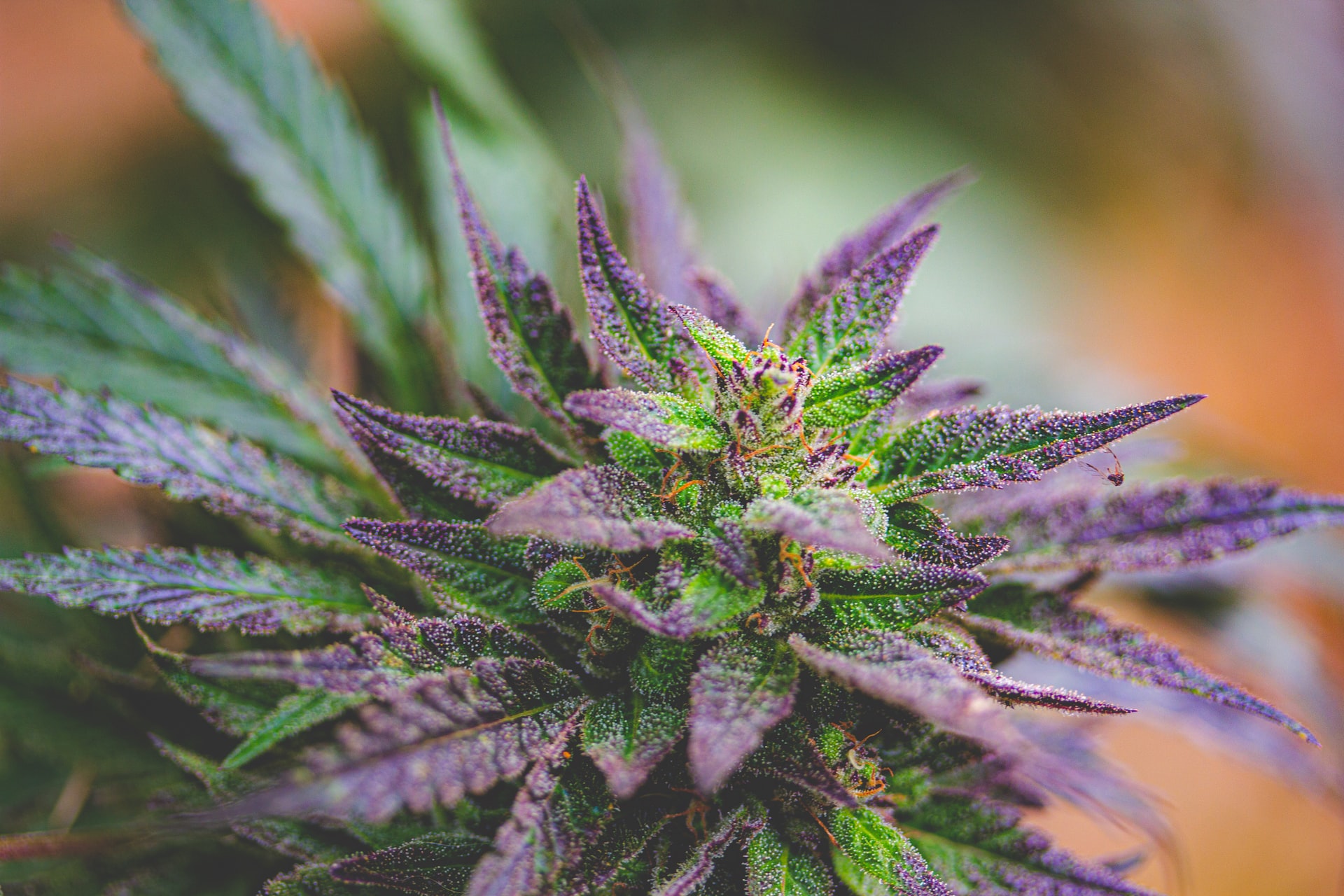Marijuana is a plant that can be used to treat a variety of ailments, including chronic pain, nausea, poor appetite, and weight loss caused by chronic sickness. Many US states have allowed the sale and consumption of “medical marijuana” via registered dispensaries based on a physician’s referral, despite the fact that its medical purpose remains controversial. Although federal officials will no longer raid medical retail shops as of December 2014, the selling of marijuana remains illegal on the federal level.
As a result, the legality of opening and operating a medical marijuana dispensary is a delicate subject that requires careful consideration. Producing and mail order marijuana has become a booming business, but there are a few things to consider if you decide to open your own.
Should I Open a Medical Marijuana Dispensary?
- I am familiar with the medicinal marijuana rules in my state.
- I’ve contacted and confirmed with a specific bank that my funds will be accepted.
- I understand that this activity may be stigmatized by certain prospective employers.
- I understand the dangers of running a dispensary, which the federal government can still shut down.
- I recognize that medicinal dispensaries have substantial transportation, storage, and security costs.
- I am willing to complete the necessary paperwork and forms to become a licensed medical dispenser. I’m aware that my
- name will be on file with the state government and will be available to the public.
- I’m aware that there are still restrictions governing marijuana sales, and that I won’t be able to sell openly with a license.
- I’m aware that I’m unlikely to make a profit in the first six months.
Determine whether it is legal in your area to open a medical marijuana dispensary. The operation of dispensaries is permitted in many states, however, the restrictions differ by county and city. Start by contacting your state’s Department of Health Services, and then check with your local government to see if you may legally run a dispensary in your area.
The National Conference of State Legislatures has a comprehensive list of states where medical marijuana is permitted for sale. The Americans For Safe Access website also has useful information.
Look into the zoning laws in your area. A dispensary must be placed in a commercial zone because it is considered a business. Before you begin, you will need to obtain the necessary permits and documentation.
 There are also extra limits in several regions. In many California cities, for example, opening a dispensary within 1,000 feet of a child care center or pre-K-12 school, 500 feet of a residential area, 1,000 feet of a park or library, or 250 feet of any adult company selling “drug paraphernalia” is also prohibited (pipes, bongs, etc.).
There are also extra limits in several regions. In many California cities, for example, opening a dispensary within 1,000 feet of a child care center or pre-K-12 school, 500 feet of a residential area, 1,000 feet of a park or library, or 250 feet of any adult company selling “drug paraphernalia” is also prohibited (pipes, bongs, etc.).
Determine whether you are qualified to run a dispensary. Running a dispensary entails a large amount of risk; in addition to federal illegality, you may suffer societal stigma and problems attracting personnel. Theft and vandalism are also commonplace in dispensaries. While being your own boss may seem appealing, consider the hazards and stress that operating a dispensary entails and decide whether it’s worth it to you.
Background checks are required in several states not only for dispensary operators, but also for all investors and owners. Prior felony convictions, as well as other drug-related charges, may prevent you from obtaining a business license.
Seek marijuana-growing training or hire a professional. Unless you’re a specialist in marijuana production, you’ll probably want to seek professional help. Because many dispensaries grow their own marijuana on site (which is legal in some areas), knowing how to handle a growing operation is critical to your dispensary’s success.
Pests, fungus and mold growth on plants, and bad harvests are all problems associated with growing marijuana, just as they are with other agricultural crops. Seasonal weather patterns, as well as the amount of sunlight received on a daily basis, might have an impact on your plants. You should thoroughly research the risks and practices required for marijuana cultivation.
Engage the services of an attorney. It’s critical to acquire competent legal guidance before purchasing or opening a medical marijuana store because of the particular legal predicament they face. A lawyer may also assist you in obtaining the necessary permissions and licenses, as well as ensuring that you are in complete compliance with all city, county, and state requirements.
Some states, for example, may require you to classify your dispensary as a “non-profit organization.”
The National Organization for the Reform of Marijuana Laws (NORML) keeps a list of marijuana lawyers on its website.
Make a business strategy. A business plan will assist you in attracting investors by giving them a detailed summary of your company’s objectives, assets, plans, and projections. You may choose to start your firm as a sole proprietorship, a corporation, or a collective or cooperative, depending on the legislation in your area. Only collectives or cooperatives are legal in some locations. This is one among the reasons you should get legal assistance before attempting to open a dispensary.
The Small Business Administration of the United States has a webpage with resources and information on how to write a business plan.
According to a survey by See Change Strategy, a financial news and information organization, 24 percent of dispensary owners experienced trouble obtaining funding from investors. Banks are generally wary of lending money to persons who want to start dispensaries.
Obtain the necessary funds. While costs vary based on where you are, the average start-up cost is around $250,000, but it may go up to $500,000. This amount encompasses a variety of fees, such as applying for a license (which is usually nonrefundable), securing a storefront, growing or purchasing product, insurance, and other charges.
Even with a decent company idea, traditional finance may be difficult to come by, so be sure you have adequate assets to invest before you begin. If your local restrictions allow it, you can also reduce your risk by investing with others.
Engage the services of a Certified Public Accountant (CPA) (CPA). A CPA can assist you with the financial aspects of your company. A CPA will know how to complete the proper tax forms and will be able to manage your entire financial situation, including payroll.
 Marijuana dispensaries are more likely to be audited by the IRS because they are still technically illegal at the federal level. If you’re audited, a good CPA can assist you defend yourself.
Marijuana dispensaries are more likely to be audited by the IRS because they are still technically illegal at the federal level. If you’re audited, a good CPA can assist you defend yourself.
Purchase or rent a suitable location. Many people prefer to rent rather than own since dispensaries are a high-risk (but frequently high-profit) investment. If you’re renting, let your landlord know you’re planning to open a dispensary on the premises. When looking for a home, keep all local ordinances in mind.
There are instruments available online, such as traffic patterns, demographic data (family size, income, etc. ), and traffic “generators” such as nearby companies and recreational areas. These will assist you in determining the location for your dispensary will attract the most traffic.
Maintain a professional appearance. Dispensaries are subjected to a lot of social and community pressure, and if you don’t keep a decent, welcoming image, you might as well close up shop. Always be courteous and respectful to your “neighbors,” and think about doing the following:
- Keep signs, symbols, and images that are vulgar or overtly drug-related out of your storefront.
- Maintain a clean, well-lit business with competent and friendly customer service.
- Employ security guards to deter loiterers and thieves while also giving patients a sense of safety.
- Make contact with the local government and police departments. Make it clear to them that you have no illegal intents and that you are a law-abiding, community-minded small-business owner.
Promote your company. Many traditional media outlets, including as Facebook and Google, refuse to market marijuana-related businesses. Instead, contact local doctors’ offices for referrals and advertise yourself on websites like Hemp American Media Group. Build word-of-mouth by providing excellent customer service and high-quality items, of course.
Customer surveys should be conducted. Marijuana comes in hundreds of kinds and can be used in a variety of ways, including smoking, edibles like brownies and dried flowers, and oils. While there aren’t many large-scale, thoroughly scientific research on which types and forms of marijuana are better for various conditions, your consumers may have preferences or have been advised by their doctor to seek out a specific sort. Conducting market research through surveys will assist you in stocking the things that your clients desire the most.
Keeping thorough recordkeeping is essential. Because many dispensaries’ legal status is questionable, it’s critical that you keep meticulous records of not only your spending, but also all of the product, who interacts with it at what stages of growth and processing, and the patients who buy it. If you get into legal difficulties, this information will assist you protect yourself.
Be warned that medical marijuana is not covered by health insurance. In the United States, no health insurance provider currently covers medical marijuana, thus patients must pay out of cash. To maintain recurring business, you’ll need to price your product competitively (typically between $20 and $60 for one-eighth of an ounce, or roughly three “joints”).



